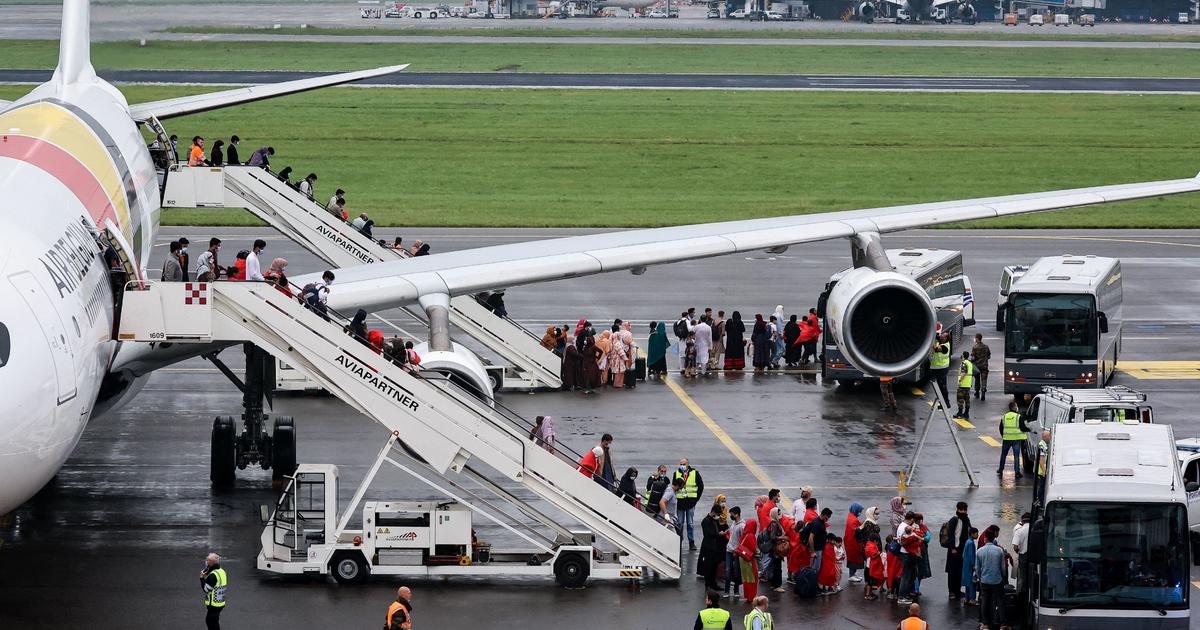
G-7 allies in Europe likely to push Biden to extend Afghanistan evacuations timeline
CBSN
Washington — Two months ago, the leaders of the world's seven major industrialized democracies met in summer sunshine on England's southwest coast. It was a happy occasion: the first in-person summit of the Group of Seven nations in two years due to the coronavirus pandemic and the welcomed appearance of President Joe Biden and his "America is back" message on matters ranging from comity to COVID-19 to climate change. On Tuesday, those same seven leaders will meet again in virtual format confronted by a resurgence in the pandemic, more dire news on climate change and, most immediately and perhaps importantly, Afghanistan. The country's burgeoning refugee crisis, the collapse of its government and fears of a resurgence in Afghan-based terrorism have left the G-7 allies scrambling and threaten the unity of the bloc.
British Prime Minister Boris Johnson, the host of the June summit in the English resort of Carbis Bay, is now reconvening the leaders for crisis talks on Afghanistan amid widespread unhappiness about Biden's handling of the Afghanistan withdrawal. Complaints have come from Britain, France, Germany and others in the G-7, which includes only one non-NATO member, Japan. Despite Biden's April announcement that the U.S. would completely withdraw from Afghanistan by the 20th anniversary of the September 11, 2001, attacks, the central Asian nation was almost an afterthought when the G-7 met in June.